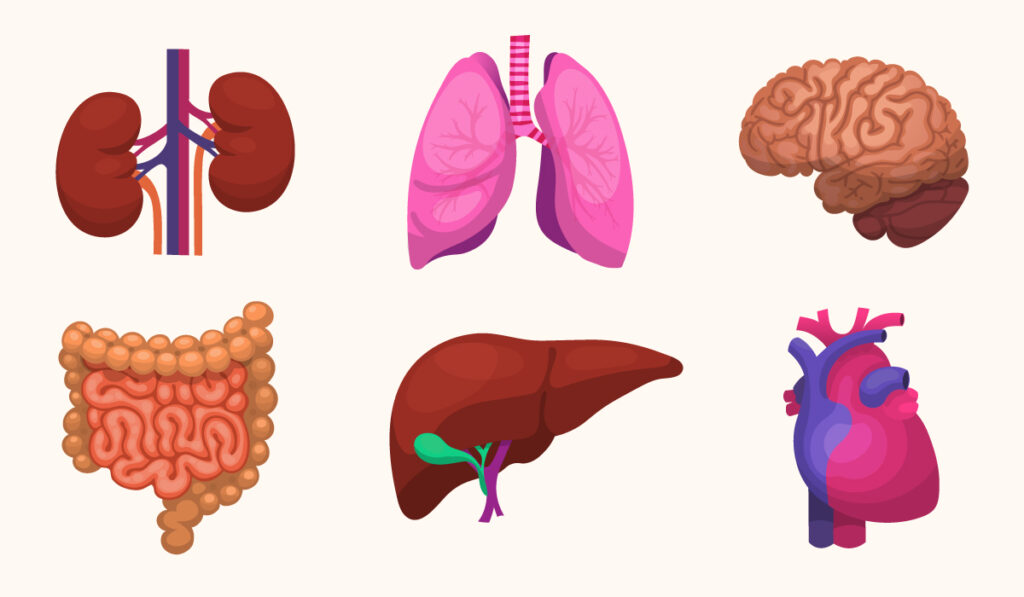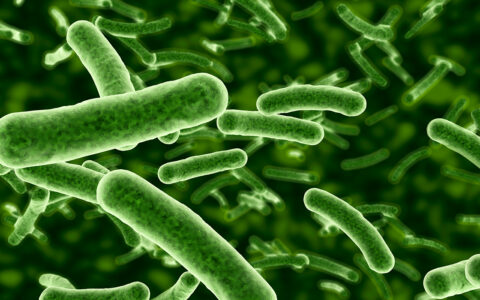Crosstalk between the kidney and the gut is increasingly implicated in complications related to chronic kidney disease (CKD), including cardiovascular disease.
Researchers report that the impact of CKD on the gut microbiome and the intestinal barrier causes an uptick in toxic metabolites and harmful bacterial products entering the bloodstream.
Now, following a series of studies from Valentina Kon, M.D., Margaret T. and H. Laird Smith Chair of Nephrology and a professor of pediatrics, and her colleagues at Vanderbilt University Medical Center, the intestinal lymphatic system is also shown to play a role.
“Kidney injury, even in the absence of renal failure, causes dramatic disruptions to the intestinal lymphatic system. These disruptions may further funnel harmful metabolites into the circulation.”
“Kidney injury, even in the absence of renal failure, causes dramatic disruptions to the intestinal lymphatic system,” Kon said. “These disruptions may further funnel harmful metabolites into the circulation.”
The work is the first to implicate an impaired intestinal lymphatic system in CKD, revealing potential new therapeutic strategies for kidney disease and its complications.
Apolipoprotein A1
A key mediator of the kidney-gut crosstalk, Kon explains, is apolipoprotein A1 (apoA1), a main component of high-density lipoprotein (HDL), the “good” cholesterol.
In earlier work, her team identified apoA1 as a novel marker of renal disease, reporting that urinary levels of the lipoprotein are increased in children with albuminuria and different types of kidney injuries.
Biopsy samples further showed significant expression of apoA1 in the proximal tubules, which piqued Kon’s interest. While proximal tubules reabsorb apoA1, it remains unknown what happens to lipoproteins beyond this point.
Recognizing that elsewhere in the body the lymphatic network manages lipoprotein clearance, and that the network is a significant factor in the development and progression of various diseases, Kon’s team followed up.
Toxic Adducts
Using animal models of kidney injury, Kon and colleagues detected elevated levels of not only apoA1 in lymph, but also cytokines, immune cells, and, most notably, isolevuglandin (IsoLG). This toxic byproduct of oxidative stress is known to bind to apoA1, thwarting its fundamentally beneficial role in cholesterol efflux, anti-inflammation and anti-oxidation.
Kon’s team then revealed that these IsoLG-apoA1 adducts directly alter lymphatic vessel dynamics and enhance lymphangiogenesis, which may lead to greater delivery of lipoproteins, proinflammatory agents, and other potentially harmful intestinally-derived molecules throughout the body.
“Proteinuric kidney disease stimulates a lymphatic response in a distant organ, the intestines. No one else has shown this. And we identify a key participant, IsoLG-modified apoA1,” Kon said.
Inspiring New Therapies
In evaluating ways to interfere with the pathogenic pathway, Kon and colleagues report that antagonism of IsoLG can dampen some of the intestinal lymphatic dysfunction. A subsequent study from the researchers showed that IsoLG antagonism can also reduce albuminuria and other symptoms of kidney injury, widening its interest as a therapeutic target.
“Targeting IsoLG-modified apoA1 may serve to treat both kidney disease and related systemic complications.”
“Targeting IsoLG-modified apoA1, which we show to be a novel pathogenic mediator, may serve to treat both kidney disease and related systemic complications,” Kon said.
“This new pathway in kidney-gut crosstalk, with the intestinal lymphatic network representing a conduit, may underlie how damage to the kidney stimulates downstream consequences on the heart, lungs, intestines and other organs.”






